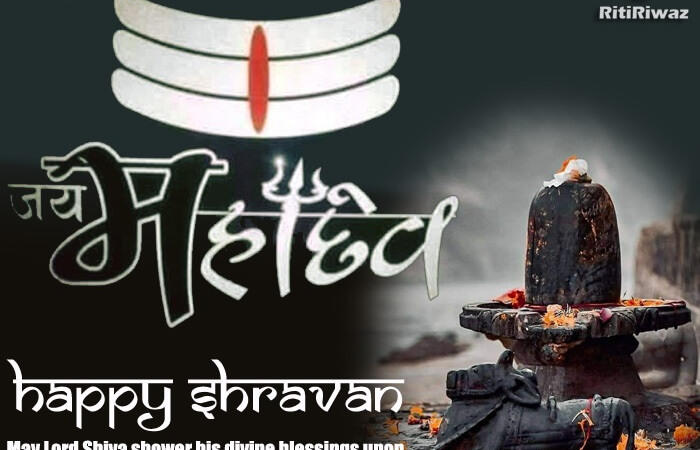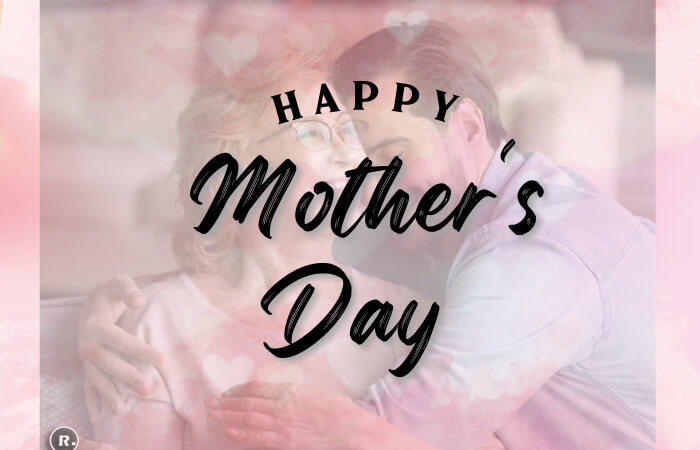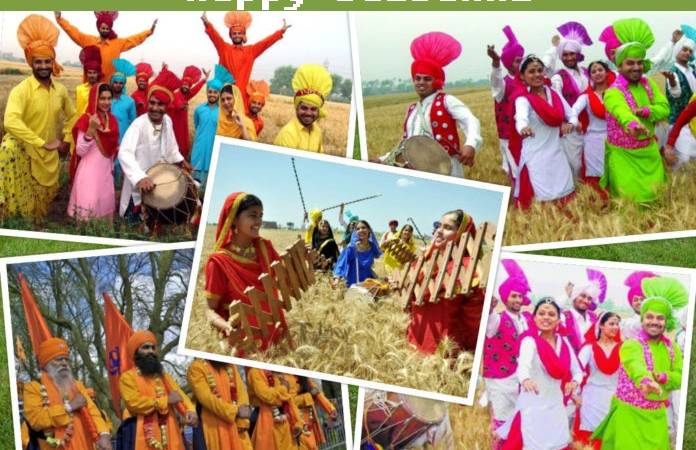Agarwal Wedding Traditions and Customs

Agarwals are an orthodox and tradition-bound community. Baniya community is the business class according to the Indian caste system and is mainly involved in trading and businesses. Agarwal is the main sub-section of the Baniya community who deeply believe in arranged marriages. Inter-caste marriages in Agarwal matrimony are very rare as Agarwals do not promote this.
Agarwal Pre Marriage Ceremony
Sagai / Engagement Ceremony
It is the formal wedding announcement ceremony, where the bride and groom exchange ring with each other. It is a kind of engagement, which is attended by the families only. Both families exchange gifts, such as clothing, jewelry, sweets and other auspicious things.
Godh Bharai
Following the teeka ceremony, the bride is escorted by her entourage consisting of siblings, cousins, and friends to the function where her godh ceremony will be held. The groom’s family brings gifts, jewelry, doll, shringar or makeup, clothes and mithai for the bride in beautifully decorated trays and baskets. These gift items are placed in the bride’s jholi or lap.
Sangeet
The musical get together of the ladies in the family. The bride is dressed in all finery she was gifted on tikka and made to sit on a silver ‘chowkri’ or low stool. Ladies from both the bride and groom’s family sit around the bride. They sing all the marriage songs.
Mendhi
Mehendi is the most awaited ceremony during a wedding, where the young girls of the family get chance to apply beautiful patterns of henna on their hands and feet, along with the bride. The groom’s family sends the henna to the bride.
Laghana LekhanIn
Laghana Lekhan, a small puja is held in the prospective bride’s house. Close relatives and friends are invited to attend the puja. It is during this puja that an auspicious time for the rituals of the marriage also known as lagna or mahurat is determined.
Bhaat
Bhaat is a very important Agarwal wedding tradition. The Mama or the maternal uncles of the bride plays an important role in the wedding. The custom is, for the Mama to bestow lavish gifts on the bride. A couple of days prior to the wedding, the mother of the bride goes to her brother’s house to invite him for Bhaat.
Haldi
Haldat or Ubtan: On the day of the wedding, in addition to the telvan, the haldi ceremony is also held where Ubtan or a paste made primarily of haldi or turmeric is rubbed on the bride. Ubtan made into a paste and applied on the face and arms and feet of the bride/ groom by their close family members.
Kangana
On the day of the wedding, the bride and the groom, are also tied to the Kangana or sacred thread on their right wrists.
Ganesha Puja and Gaur Puja
The Puja marks the beginning of the wedding festivities. the bride is worshipped as Goddess Gauri or Parvati (consort of Lord Shiva), who is considered the perfect wife.
Wedding Day Rituals
The marriage celebrations of the Agarwal marriage are the Korath, Baraat, Baraat Swagat, Varamala, Kanyadaan, Seer Guthi, and Chuda.
Korath
It is the invitation of the groom to the marriage venue by the male members. The bride is taken to the mandap at an auspicious time.
Baraat
The groom’s procession leaves for the venue in all splendor, the groom carries a sword and is mounted on a mare. The band accompanies the groom with the families dancing their way to the venue.
Aarti
The Baraat is welcomed by the bride’s mother who takes aarti of the groom.
Neen Jhadai
This is a typical Agarwal tradition, where the bride’s sister sprinkles water on the groom with a twig from a Neem tree.
Varmala
The bride and groom then exchange garlands which are called Varamala.
Pheras
They then go around the homa or the sacred fire seven times, this is called Saat Pheras. Bride’s dupatta is tied to the groom’s waistband.
Kanyadaan
It is the giving away of the bride to the groom by the bride’s father.
Seer-Guthi
Groom then fills the center parting of the bride’s hair with kumkum. Groom’s sister braids her hair with mouli and fills the bride’s parting with vermillion. A nose ring is gifted to the bride by the mother in law. Chuda or bangle ceremony is when the groom’s mother gives her lac or glass bangles.
Post Marriage Ceremonies
Bar Rukai
The groom’s sister does not allow her new sister-in-law to enter the house unless she is given a gift by her brother and new sister-in-law.
Vadhu Pravesh
Grih Pravesh takes place once the baraat returns with the newlyweds. The bride enters her husband’s home.
Mooh Dikah
Gifts for the New Bride, the bride makes her acquaintance with all the members or her husband’s family.
Suggested Read: Wedding Tradition in India






